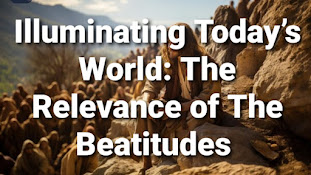What are the Historical Contexts of the Old Testament and New Testament

Historical understanding is pivotal in grasping the narrative of any significant event or phenomenon, especially the writings within the sacred text of the Bible. To better comprehend the profound spiritual wisdom housed within its pages, we must travel back to the socio-cultural, political, and religious landscape in which the Old and New Testaments were penned. This historical context affords an enhanced interpretation of the profound texts, which have been influencing societal norms, traditions, and personal faith for millennia. Starting with the Old Testament, also referred to as the Hebrew Bible, its composition is a medley of diverse types of literature, including law codes, poetry, genealogies, prophecies, historical accounts, and wisdom literature. The narrative predominantly revolves around the ancient Israelites and the inception of their relationship with God. Scholars estimate the composition of these books dates from the 12th to the 2nd century BCE. They ...





